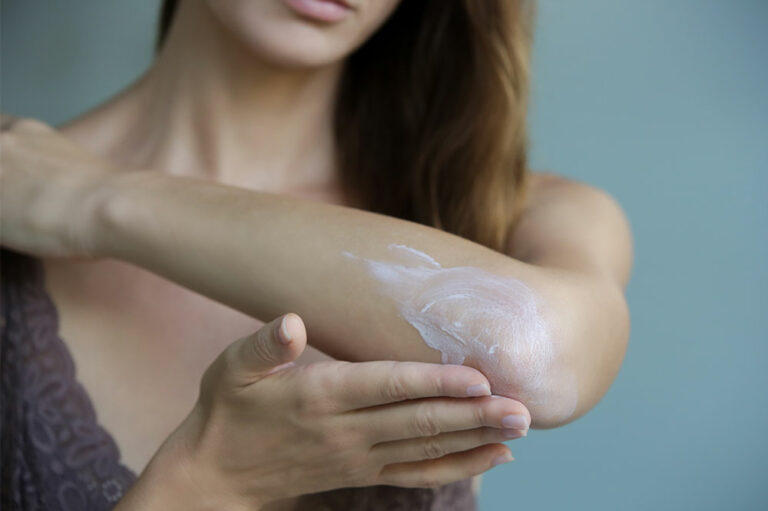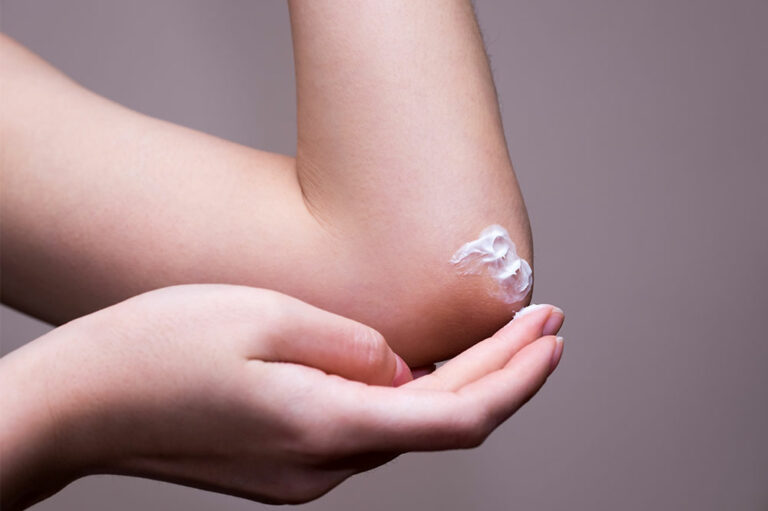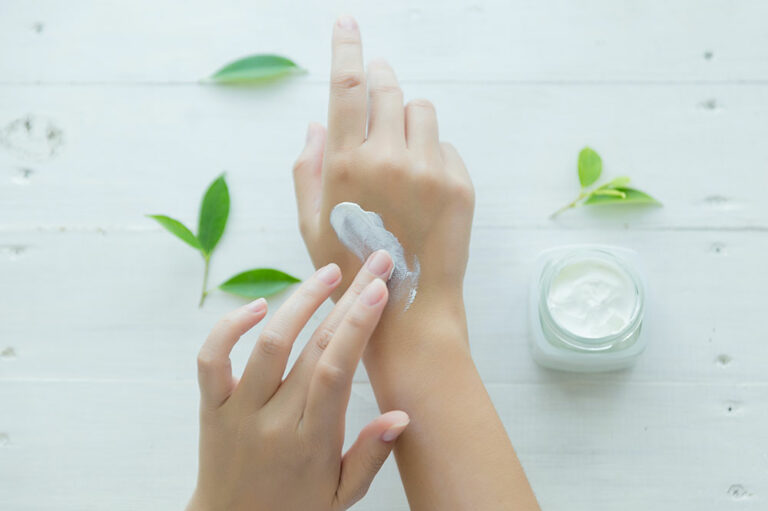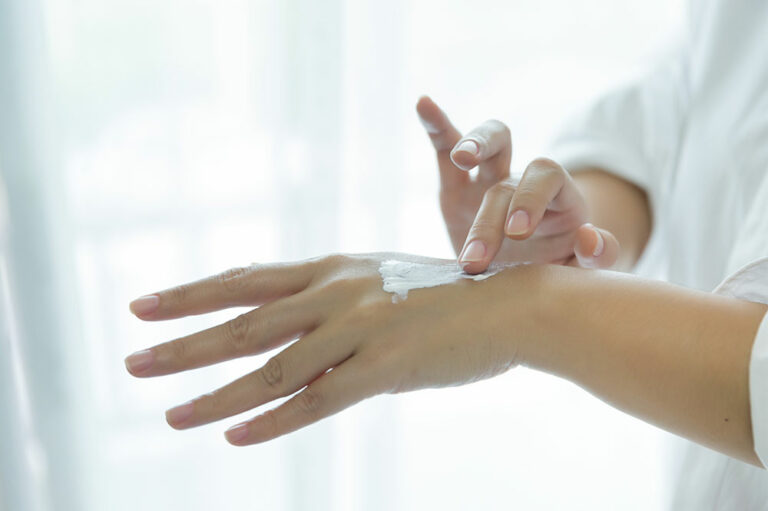
Health
5 daily habits to change while managing eczema
If you are a person with eczema, then you are probably familiar with the red, itchy patches appearing on your skin. However, are you aware that certain life habits can also cause these patches? Studies indicate that many people with eczema have struggled for years before consulting a doctor about their symptoms. However, several everyday activities may aggravate your eczema and worsen its symptoms- some of those activities even lead to long-term damage. Wearing clothes that may cause sweating Sweat is a natural response to heat, but when it is caused by a fabric that irritates the skin, it can worsen eczema. It includes fabrics made from synthetic materials like polyester and nylon. When you wear clothes that cause sweating and irritation to your skin, the sweat may contain oils from the body. These oils are absorbed by the top layer of your skin, triggering an allergic reaction in some people with eczema. It results in itchy red patches on your arms or legs. To fight this, many options are available, from simple solutions like using a milder detergent to more complex methods like laundering them at lower temperatures. The important thing is to use the least irritating form for your sensitive skin.
Read More 





